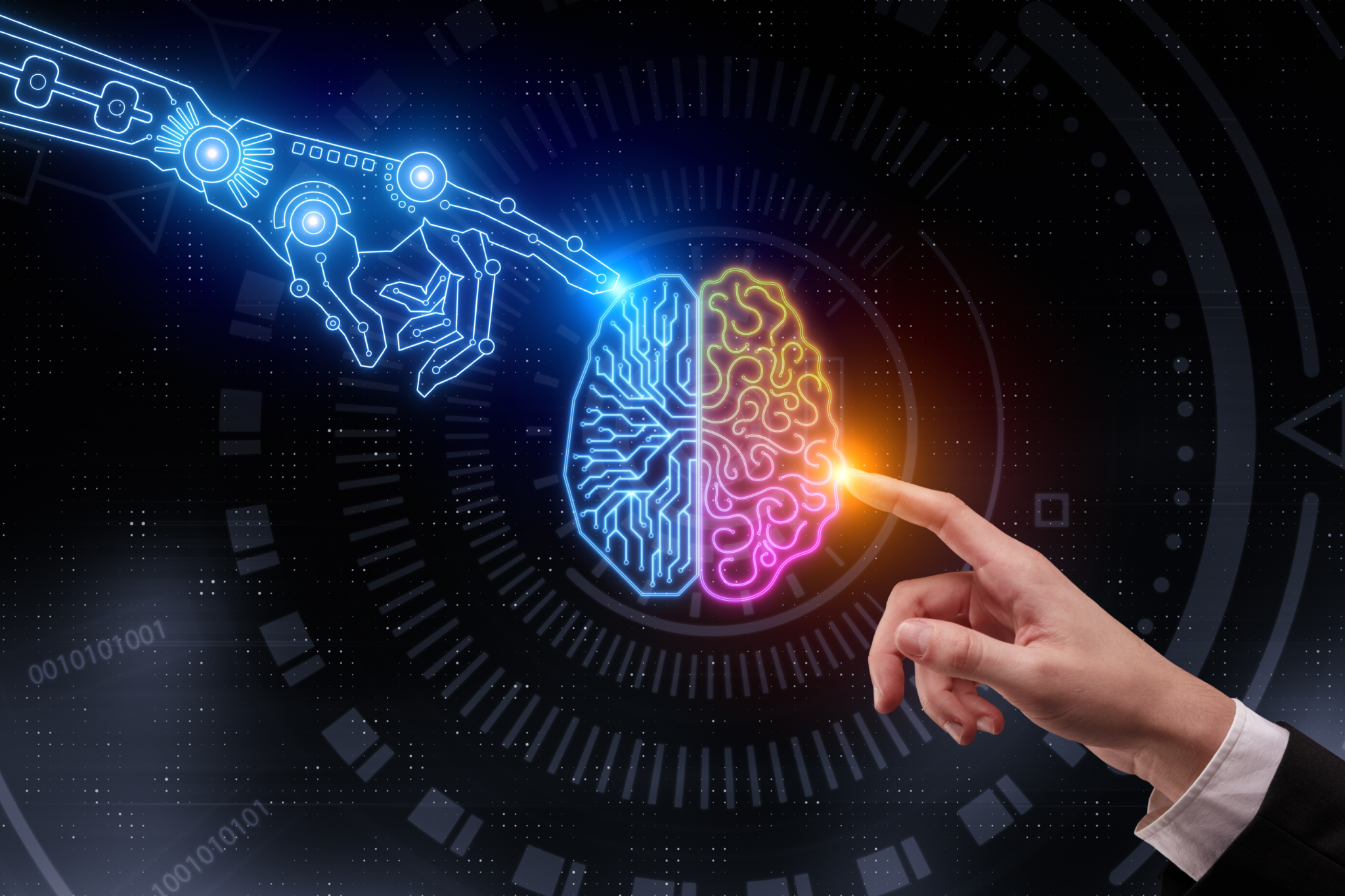
More intelligent than tomorrows’ HR-Manger? Chances for Artificial Intelligence in todays’ Human Resources.
Nowadays, Artificial Intelligence is present in many fields. Just think of navigation systems or smart voice assistants like Alexa or Siri. AI has already changed multiple sectors and creates continuously new job perspectives and roles. Did you know, that the demand for drone pilots in construction, is increasing day by day? Nevertheless, when it comes to Artificial Intelligence in the fields of Human Resources, it’s still all about the baby steps.
With an ever increasing pressure in digitalization, HR Managers already show a growing affinity to AI in the fields of employer – and talent-management. But what exactly are the chances for the HR world? Where does AI come from and on what do you really have to focus on, when implementing future AI into your business?
Inspired by the virtual lecture of Prof. Dr. Jana Köhler, on the ZP365, our Carysmo Consultants worked up the topic “Artificial Intelligence in HR” for you:
Enjoy reading!
What is AI? Artificial Intelligence explained in a nutshell:
- Already in 1950, Alan Turing asked himself “Can machines think?”.
- “AI” stands for Artificial Intelligence, deals with the question “What is human intelligence?” and tries to resemble it.
- AI’s function on the basis of algorithmic normative proceedings. That means: AI’s need a significant amount of high-quality, correct data. Based on self-training algorithms, software scans the data and works up its own statement. Statements are named confidences. False confidences can be false positive and false negative. When a self-training AI determine a false confidence, it’s decision matrix will change, to present further results as correct as possible (machine-learning).
An example for a false positive and false negative confidence in HR can appear like this: false positive: AI is filtering the perfect candidate from dozens of applications. After hiring, you realise, the candidate is quiet skill versed, but an unpleasing cultural fit for your company.
False negative: AI is filtering only male applicants from your incoming applications. Applications from female applicants are categorized as insufficient by the algorithm, due to a wrong decision matrix.
AI offers chances for the HR-world:
So called false positive confidences and false negative confidences (AI determines both results wrongly as a confidence), can lead eventually to a significant increase in costs for a company using AI.
A priori, it seems crucial to say, that a data driven algorithm will never replace your subjective decision competence as a HR-Manager, Recruiter or Talent Acquisition Manager. The valuation of every individual case, and in this case, the valuation of the candidate that will happily engage with you, should never be depending on a digitalized statistic.
Recruiting and Talent Management:
Never the less, AI can influence, support and change your recruiting process positively. Artificial Intelligence can be a handy tool to support your process of choosing the right candidates, making it both easy and efficient. As long as the automated results are never trusted blindly and reviewed critically, AI can appear as a great co-worker in the application process. AI can filter candidates, search and prioritize. Hiring patterns can be detected, improved and the lookout for the matching candidate can be facilitated.
Personnel Development:
If we think of the role HR plays nowadays, more than ever it is a driver; a motor for strategic progress, AI can contribute valuably when it comes to personnel development: Mostly through already existing data, companies can learn with the help of sufficient AI, which company structures are valuable for employers and which would better be thrown over board on the journey to an agile working culture. This way, intelligent technology can lead the charge towards data-driven company development, with more efficient workforce planning. Time intense processes can be automated through AI, so you can focus on the substance that matters.
Chances for graduates:
Furthermore, AI is offering a fantastic chance for young graduates, to find the right role choice, through e-learning. AI can counteract against a continuous lack of specialists and skill shortages and supports an easier entry to the job market for youngsters.
Remote and new work:
Also, in the fields of remote and new work, AI can create an optimal work atmosphere, connecting places, ensuring consistent & constructive meetings take place.
Even though a lot of recruiting-processes are managed digital already, AI didn’t land fully in the HR sector yet. The majority of Recruiters show an open attitude towards the future developments and implementations of AI within Talent-Management, Employer Branding or Personnel Development. At the same time, 40 % of the employers in HR in Germany are describing themselves as not digital affine.
Forward looking, companies should focus on an encouragement in data literacy, the ability to handle data and technology confidently.
Where Artificial Intelligence will always lack on empathy and the right emotional judgement, our Carysmo Consultants don’t. As a long term partner of HR Managers and Recruiters, we find and select candidates, especially those who are not digitally present or don’t show any e-profiles. Personal and with an individualised direct candidate approach, we activate and evaluate the best matching candidates for your company – Candidates with the right skills and a convincing cultural fit.
Convince yourself! – for your confident outlook on a digital future.
Do you want to learn more about AI? We recommend the following sources:
